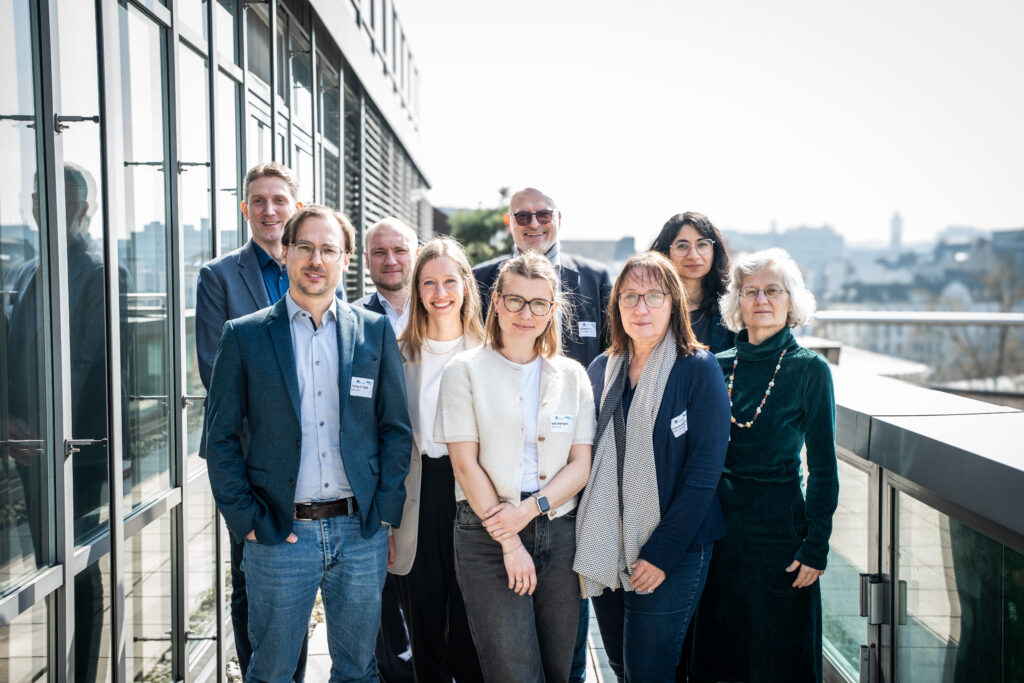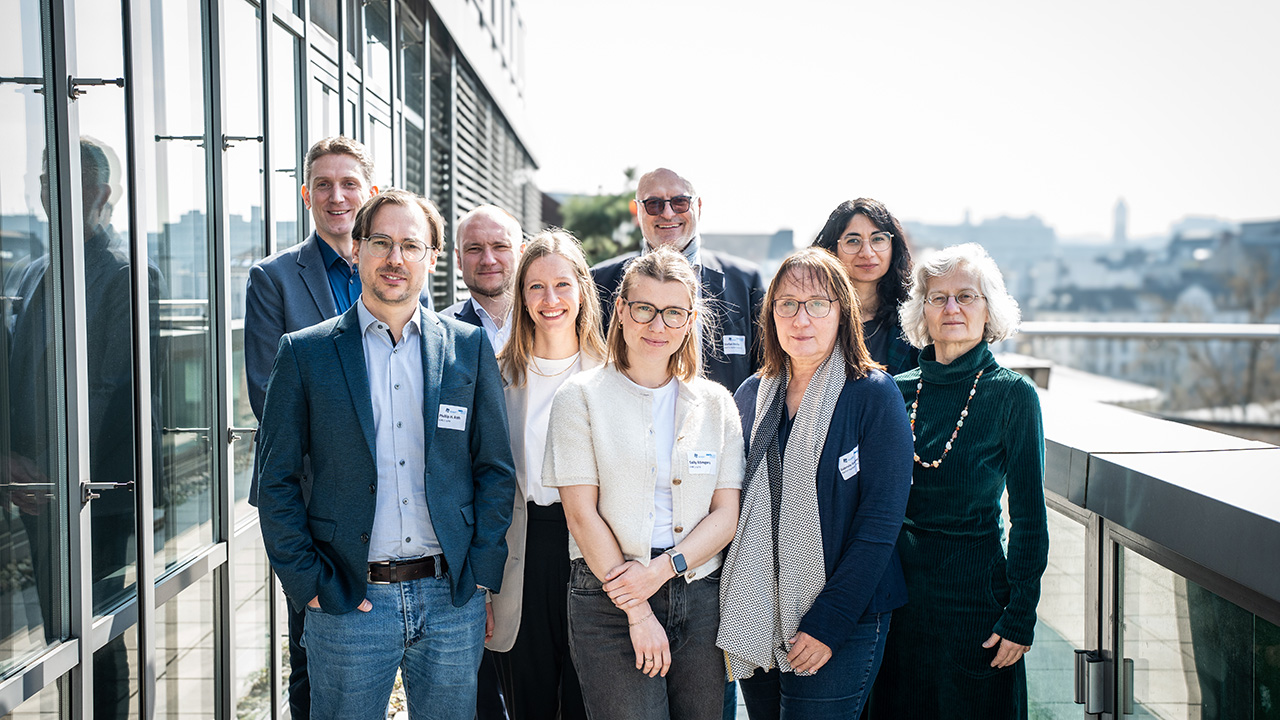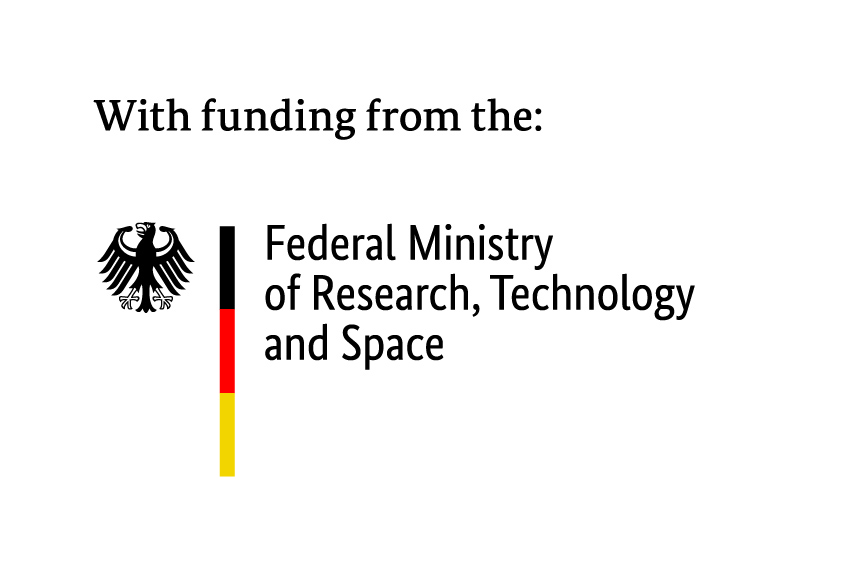The German Federal Ministry of Education and Research (BMBF) has renewed funding for the KHK c:o/re at RWTH Aachen University for four more years.

The KHK c:o/re is an international Center for Advanced Studies in philosophy, sociology and history of science and technology and the first Käte Hamburger Kolleg based at a technical university. Since 2021, it has explored the transformation of research cultures in science and technology and develops a methodological approach to strengthen the integration of the various disciplines in science and technology studies. This takes place in a close exchange between the humanities and social sciences and the life, natural, technical and engineering sciences.
Beginning in May 2025, the center will start its second funding phase under the direction of Professor Gabriele Gramelsberger and Professor Stefan Böschen with continued support from the German Federal Ministry of Education and Research (BMBF).
“It’s just wonderful that the KHK gives us a platform that allows us such unusual freedom in our research,” says Gabriele Gramelsberger. “This has to do with a number of important boundary conditions. On the one hand, generous funding from the German Federal Ministry of Education and Research allows us to invite a large number of fellows from all over the world every year to work with us on fundamental questions in science. Second, we have a great team that not only supports the work but also enables us to work together on our research goals. Finally, we receive exceptional support from the Rectorate of RWTH Aachen University, which regards the work of the Kolleg as an important asset for its strategy for excellence.”
The overall aim of the center is to investigate the impact of digitalization and globalization on contemporary research cultures, and to develop a theory of “cultures of research” from a situated, historical, and comparative perspective.
In the second funding phase, the basic research question is to what extent digitalization and globalization as universal drivers of transformation set in motion dynamics of standardization of science and “research cultures” – or whether the diversity of research cultures and the varieties of science are not increased precisely by digitalization and globalization. To address this question, the central concepts of “digitality/complexity,” “globality/varieties of science,” and “expanded science and technology studies” will be explored in three research lines in collaboration with international fellows.
“We can look forward to four more exciting years,” says Stefan Böschen. “We will certainly cultivate even more freedom for individual and joint research than we have done so far. In addition, the Kolleg allows us to further develop and strengthen our international networks related to our research topics. In this way, we hope not only to achieve insightful research results, but also to support the development of a special epistemic culture at our University.”
An interview with Gabriele Gramelsberger and Stefan Böschen looking back on the past funding phase and reflecting on the goals and expectations for the second phase can be found on our blog.



